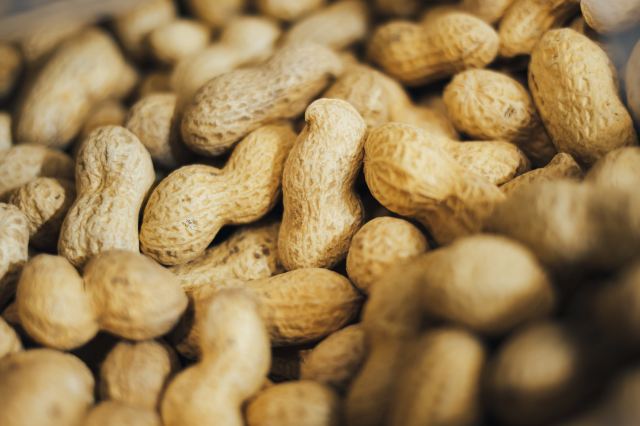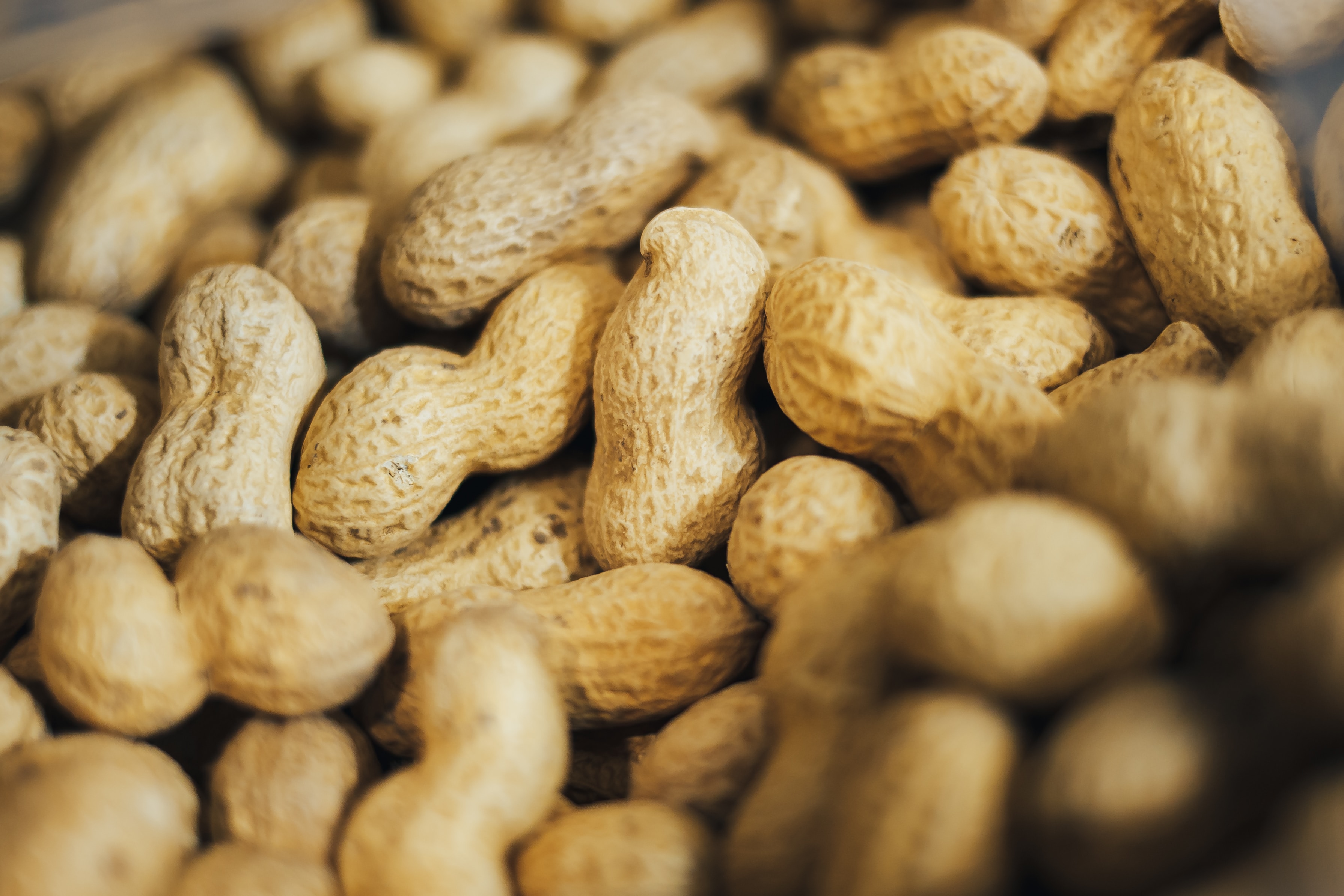According to the U.S. Food & Drug Administration, Whole Foods Market is voluntarily recalling select bundt cakes and chocolate dipped cookies from stores in Kentucky, Maryland, New Jersey, Pennsylvania, Ohio, Virginia and Washington D.C. because they contain undeclared milk.

People who have an allergy or severe sensitivity to milk run the risk of serious or life-threatening allergic reaction if they consume these products.
The affected products were sold at Whole Foods Market stores in Kentucky, Maryland, New Jersey, Pennsylvania, Ohio, Virginia and Washington D.C. The bundt cakes and cookies were available in the bakery department and sold in clear plastic packaging with Whole Foods Market scale labels. The cookies were also available on self-serve cookie displays and sold by the pound. The affected products can be identified by the following information.
All affected product has been removed from store shelves. No allergic reactions have been reported to date.
Chocolate Fudge Mini Bundt Cake
Product Code (begins with) 221287
Best by Dates Through Feb 08 2020
Marble Bundt Cake
Product Code (begins with)245162
Best by Dates Through Feb 08 2020
Dark Chocolate Dipped Almond Horn Cookie
Product Code (begins with)233579
Best by Dates Through Feb 17 2020
Chocolate Dipped Coconut Macaroon Cookie
Product Code (begins with) 233579
Best by Dates Through Feb 08 2020
Customers who purchased these products at Whole Foods Market can bring a valid receipt into stores for a full refund. Consumers with additional questions can call 1-844-936-8255 between the hours of 7:00 a.m. and 10:00 p.m. CST, Monday through Friday, or 8:00 a.m. and 6:00 p.m. Saturday through Sunday.
—Jennifer Swartvagher
Featured photo: freestocks.org on Unsplash
RELATED STORIES
Sophie the Giraffe Bead Maze Recalled Due to Choking Hazard
Recall Alert: Baby Trend Tango Mini Strollers Recalled Due to Potential Fall Hazard
Recall Alert: Toysmith Light-Up Magic Wands Recalled Due to Possible Choking Hazard












